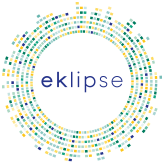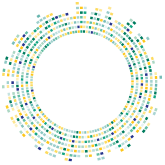Past news
November 2023
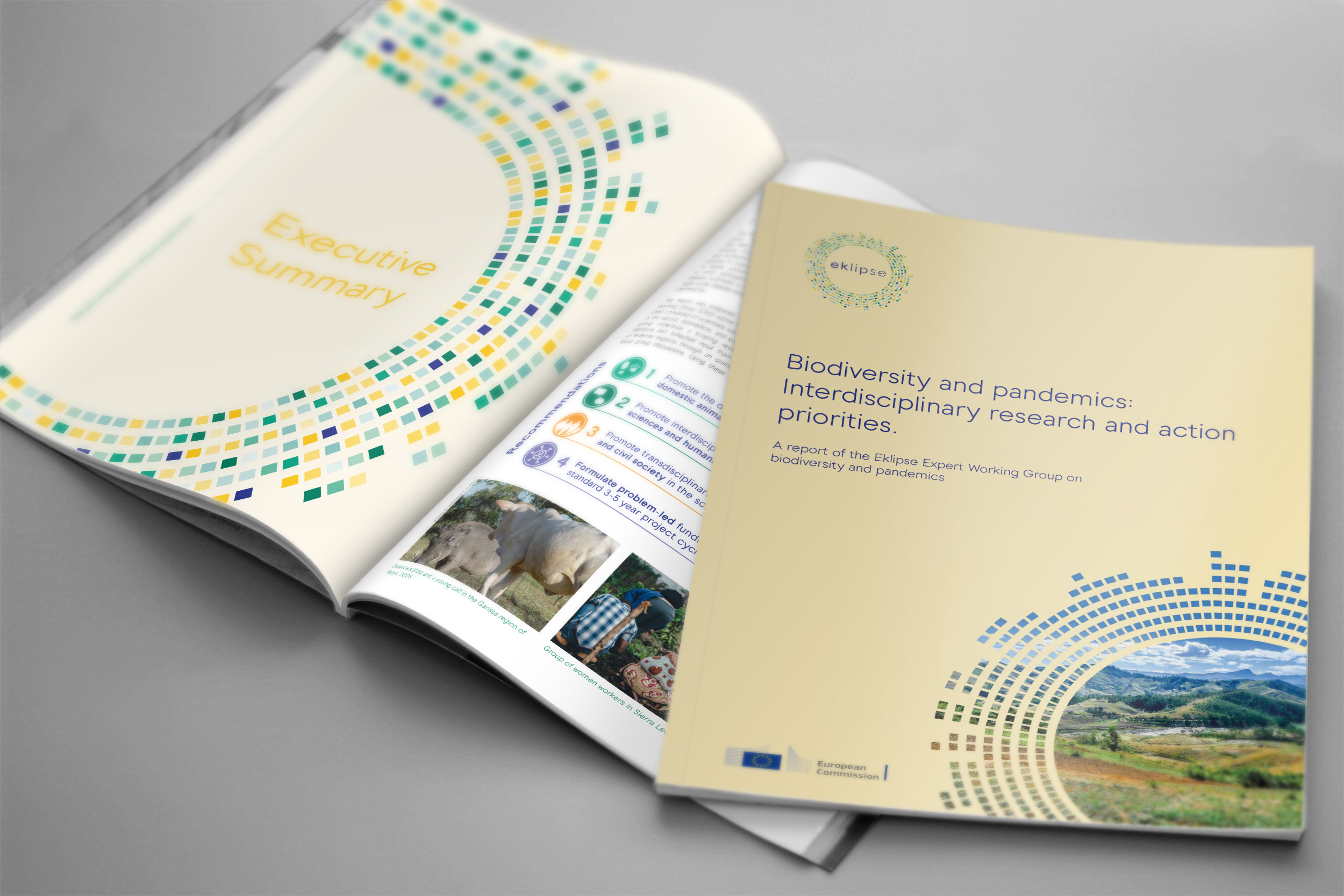
News –
“Biodiversity and pandemics: Interdisciplinary research and action priorities.”
–New report out-
We are happy to announce the release of the final knowledge synthesis report from the Eklipse Expert Working Group (EWG) working on biodiversity and pandemics. This report comes from a request put forward to Eklipse by the European Commission services, followed by a cross-sectoral consortium of requesters. Using a combination of literature and people-based knowledge synthesis methods, the EWG outlines recommendations for science policy regarding biodiversity and pandemics to develop broader transformative policies for human, animal, and ecosystem health. The report focuses on approaches to support and promote research needed to better prevent and manage spillover events in which pathogens originating in wildlife cause disease outbreaks or even pandemics in humans or large-scale disease events in domesticated animals (panzootics).
Learn more about the request https://eklipse.eu/request-biodiversity-pandemics/
November 2022

News –
Eklipse will be one of the knowledge brokers for the BioAgora project.
BioAgora is a collaborative European project, which main aim is to connect research results on biodiversity to the needs of decision-making in a targeted dialogue between scientists, other knowledge holders and policy actors, with the vision to develop a fair and functional Science Service for Biodiversity that will orchestrate science-policy interactions to support the Biodiversity Strategy for 2030. Eklipse will support the co-development of tailored programmes and explore the rationalization of EU research and knowledge synthesis programmes, through 10 to 12 requests.
October 2022

News –
Eklipse will answer two requests for the EmpowerUs project
EmpowerUs (“Socio-economic Empowerment of coastal communities as users of the sea to ensure sustainable coastal development”) is a research and innovation action funded under the European Union’s Horizon Europe Programme (2022 to 2025). EmpowerUs will enable coastal communities to act for change and transition towards sustainable, inclusive and resilient coastal developments, through a variety of tools and methods developed in a multi-actor and co-creation approach, developed via a network of six Transition Coastal Labs (TCL). The project will build upon methods, theories and approaches from several successful projects to ensure our work is ground-breaking, innovative and relevant to current European challenges, and will adopt the “Eklipse process” to ensure that generated knowledge is policy-relevant and novel.

News –
Eklipse spreads its wings as one of the science-policy interface for biodiversity in Europe
Together with the whole Eklipse community, we have achieved our aim of developing a robust and trust-worthy science-policy process. Since October 1st, the EKLIPSE project has now come to an end and finalized its transition to Eklipse, an independent self-sustaining mechanism under the Alternet umbrella.
July 2022

New Expert Working Group (EWG) –
Biodiversity and pandemics
The Call for Experts resulted in 21 excellent applications. A selection committee composed of 6 members has been put in place to score all applications and proceeded to the selection. We are really pleased to announce that 14 experts, coming from a broad range of expertise and geographical representation, accepted to be part of the EWG on biodiversity and pandemics. The kickoff meeting took place on June 30th & July 1st, 2022 and the co-chairs and their deputies have already been selected by the group of experts. The Eklipse team is looking forward to a fruitful work with the new EWG´s members, Congratulations to all!
June 2022

News –
Open virtual meeting every Wednesday at 10 am CEST
The European Commission – DG Research and Innovation, Eklipse, Science for Ukraine and Chance for Science initiatives for Ukraine are collaborating to explore ways to reconnect and network the scientists and researchers of Ukraine who are either dispersed all over Europe/world or struggling to keep doing their research and teaching in Ukraine. The main idea behind this common initiative is to support the Ukrainian Scientific community to keep Ukrainian science strong, connected and well networked with the rest of the European Scientific community. Learn more about the initiative, read the weekly agenda and view the recordings of past meetings below.
May 2022

News –
“Macroalgae cultivation and ecosystem services”
–New report out-
We are glad to release the final report from an Eklipse Expert Working Group on Macroalgae cultivation and ecosystem services. Based on a Delphi process to collect information using expert consultation in a structured manner to produce forecasts and evaluate complex problems, this report analyses the state of knowledge regarding the potential of macroalgae cultivation in providing climate-related and other ecosystem services by pointing out the major knowledge gap topics and providing solutions on how to answer the questions identified.
April 2022

Focus on a request –
“Impact evaluation framework for Nature-Based Solutions”
The European Commission Directorate-General for Research and Innovation published last year a handbook entitled “Evaluating the impact of nature-based solutions: a handbook for practitioners”, which was built upon Eklipse Expert Working Group Impact Evaluation Framework. It aims to serve people who work on implementing nature-based solutions, project managers, community leaders, members of city councils, and not just experts but everybody who is involved in the co-creation or the co-implementation of such projects. Read the report, the handbook or listen to our podcast on “Evaluating the impact of Nature-based Solutions.”
D).
March 2022

News –
Eklipse is taking part in the EU Science Service
We are delighted to express our involvement as one of the dedicated tools for the science-policy interfaces on biodiversity in the “Science Service” strategy, set up by the EU and dedicated to provide decision makers with timely research-based options for policy- making on biodiversity. Alongside initiatives such as BISE, oppla and BiodivERsA, Eklipse will continue bringing its expertise to the society, by collecting and brokering knowledge for EU policy-makers and maintaining its collaboration with the Knowledge Centre for Biodiversity (KCBD).
February 2022

Focus on a request –
Biodiversity and Pandemics
The COVID-19 crisis has revealed how fragile and vulnerable our societies are to pandemics and how challenging informed political and policy responses become when faced with such an emergency. From an Eklipse/EC- Knowledge Center for Biodiversity workshop, a main request was identified, which highlighted the need to develop a strategic research agenda on Biodiversity and pandemics, jointly with all relevant agencies, and aligned with relevant sectoral policy agendas.
As a next step, Eklipse started a scoping process to explore and gather all relevant knowledge and knowledge holders to avoid duplication of ongoing efforts and ensure the outputs are jointly and timely developed.
September 2021

Focus on a request –
Impacts of European energy policy on global biodiversity
The European Union (EU) is committed to tackling climate change which poses severe risks to the global environment and human well-being. Supporting renewable energy is a key policy direction for the EU to lower its contributions to climate change. However, renewable energy technologies have diverse effects on the environment and society. These effects and interacting elements are challenging to assess and need to be understood and integrated into designing future green sustainable solutions. Eklipse analysed the current evidence and provided recommendations for better insight into existing mechanisms by which energy policy interconnects with biodiversity and ecosystems services and further inform policymakers, scientists, UN state members on the above issues and provide policy-oriented solutions to anticipate and mitigate these issues. To learn more about this request put forward to Eklipse by the @Centre for Development and Environment University of Bern, consult the request´s webpage, read the outputs (report, article…) or listen to our podcast.
June 2021

Welcome to the new Expert Working Group on mitigation hierarchy
The Call for Experts resulted in 32 excellent applications received. A selection committee composed of 6 members has been put in place to score all applications and proceeded to the selection. We are really pleased to announce that 11 applicants from 8 nationalities have accepted the invitation to answer together this key policy-relevant question. The Kickoff meeting took place on June 21st, and the Eklipse team is looking forward to working with the new EWG´s members.
May 2021
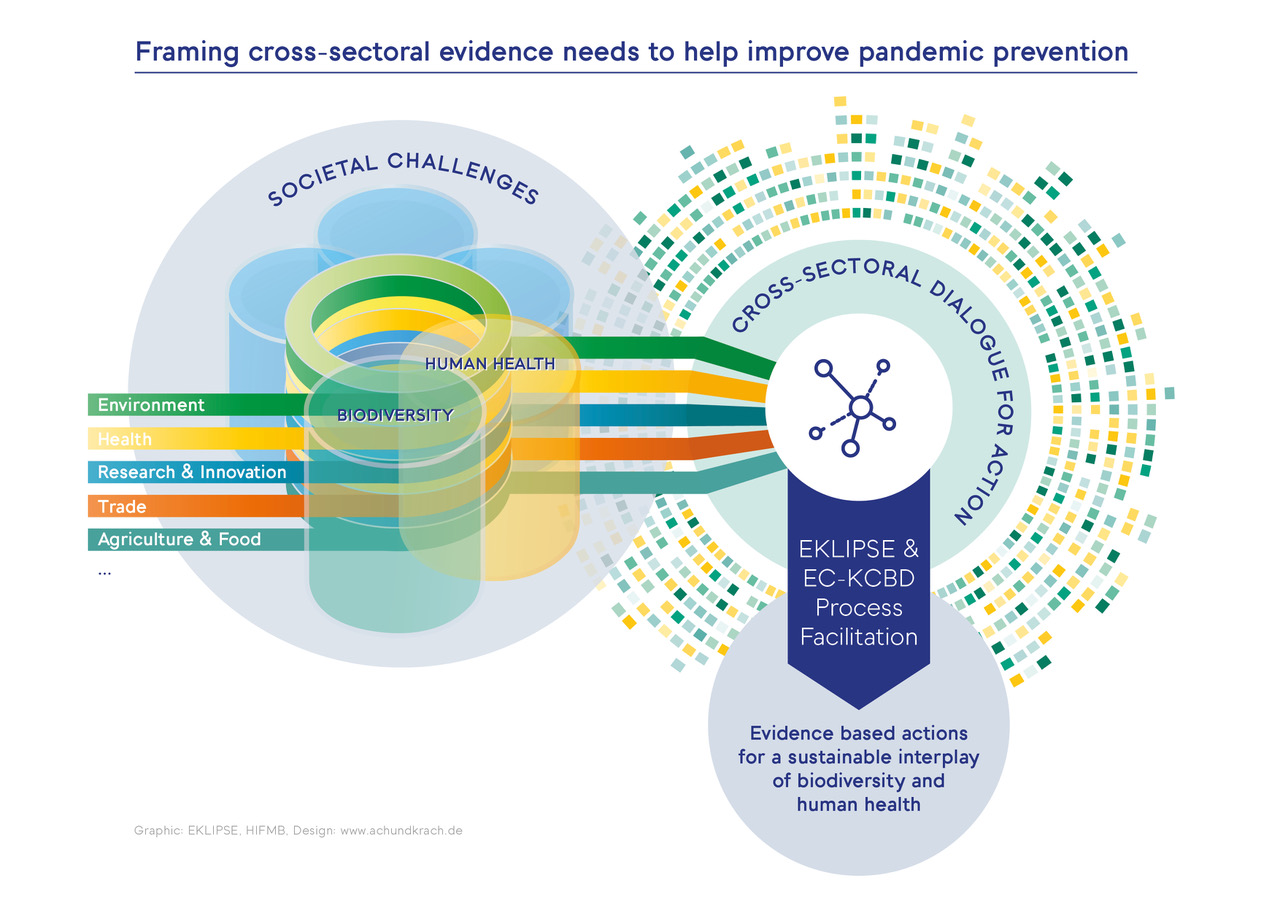
Biodiversity in post-covid cross-sectoral challenges ” – An Eklipse and JRC- Knowledge Center for Biodiversity co-organized event
A European Union H2020 funded project, Eklipse was granted additional funding under the H2020 Green Deal Call, as part of the EU response to the COVID-19 pandemic, to organise a workshop and answer the need for evidence that will come out of it.
The workshop taking place today May 31st 2021 from 09:30 to 16:30, gathers policy makers from various EU Institutions, to invite them to take a reflective journey in two steps implementing an innovative process to work across silos on common knowledge and evidence needs.
Learn more about the event https://eklipse.eu/events/
April 2021
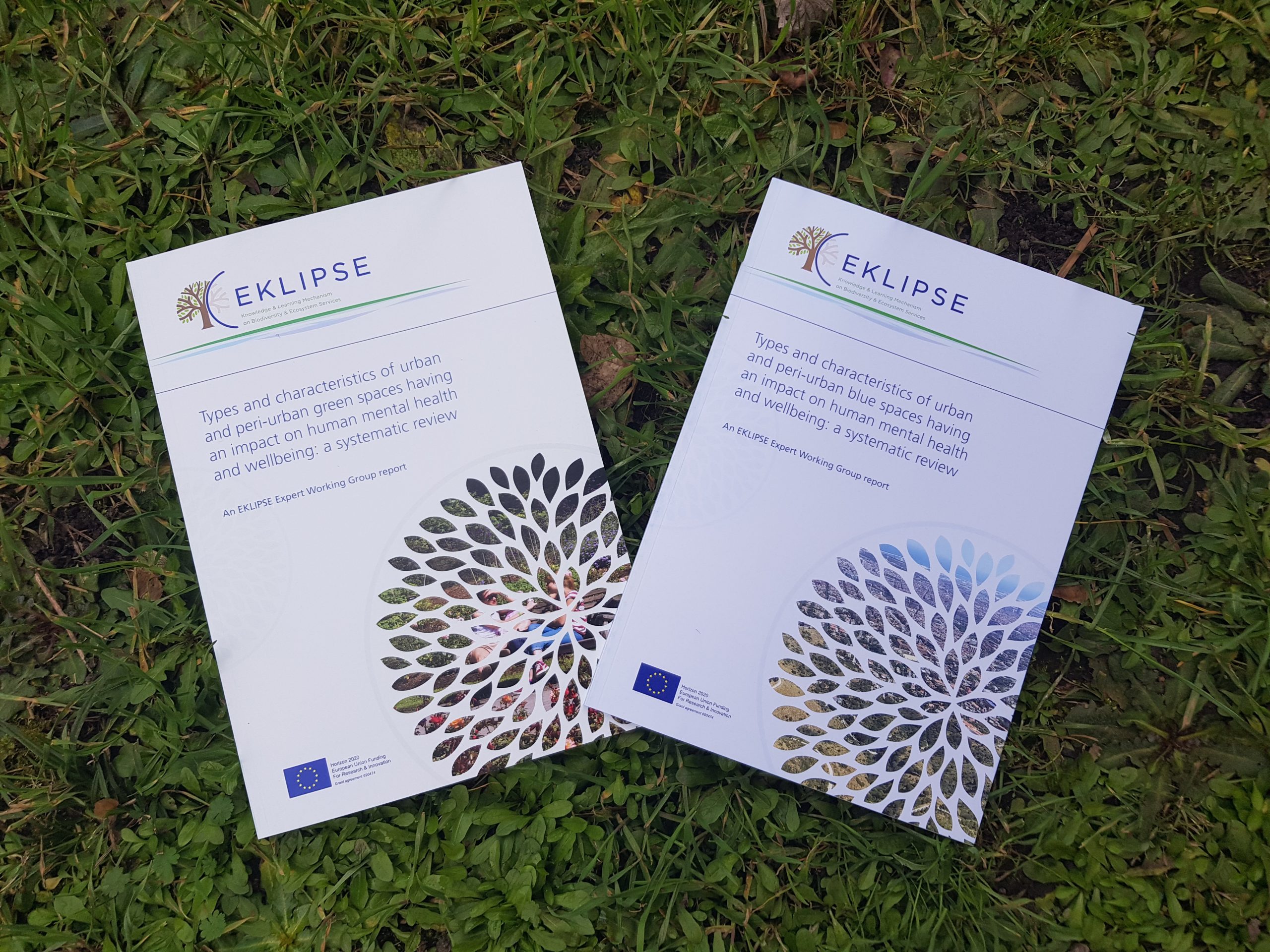
Impacts of Green & Blue spaces on Mental Health – Two new reports now out
We are glad to release two reports from an Eklipse Expert Working Group on Mental Health and Urban Green & Blue spaces. Based on two systematic reviews, these reports identify and explore the beneficial effects of green and blue areas on human mental health and well-being. They highlight the importance of these spaces’ type and characteristics, and the need for more, targeted research on their effects.

Focus on a request – Biodiversity and the Common Agricultural Policy
The Common Agricultural Policy (CAP) offers a crucial opportunity for the European Union to effectively intervene for biodiversity and deliver general societal benefits. An Eklipse Working Group (EWG) has developed a number of recommendations for improving the uptake of measures supporting biodiversity (and associated ecosystem services), built on all of the evidence and knowledge available. To learn more about this request put forward to Eklipse by IUCN and the Swedish Board of Agriculture, consult the request´s webpage, read the outputs (report, article…) or listen to our podcast.
March 2021

Focus on a request – Impact evaluation framework for Nature Based Solutions
The report written by the Eklipse Working Group had the aim to be used as a reference document by members of European projects with interest in Nature Based Solutions (NBS) in urban areas and practitioners seeking to compare the effectiveness of NBS design, implementation and evaluation. This report intends not to define NBS, but rather provide examples of indicators and methods for assessing impacts of NBS that may be applied in a range of different ways across urban areas in Europe. Read the report, the policy brief or listen to our podcast about Nature-Based Solutions in urban areas.
February 2021
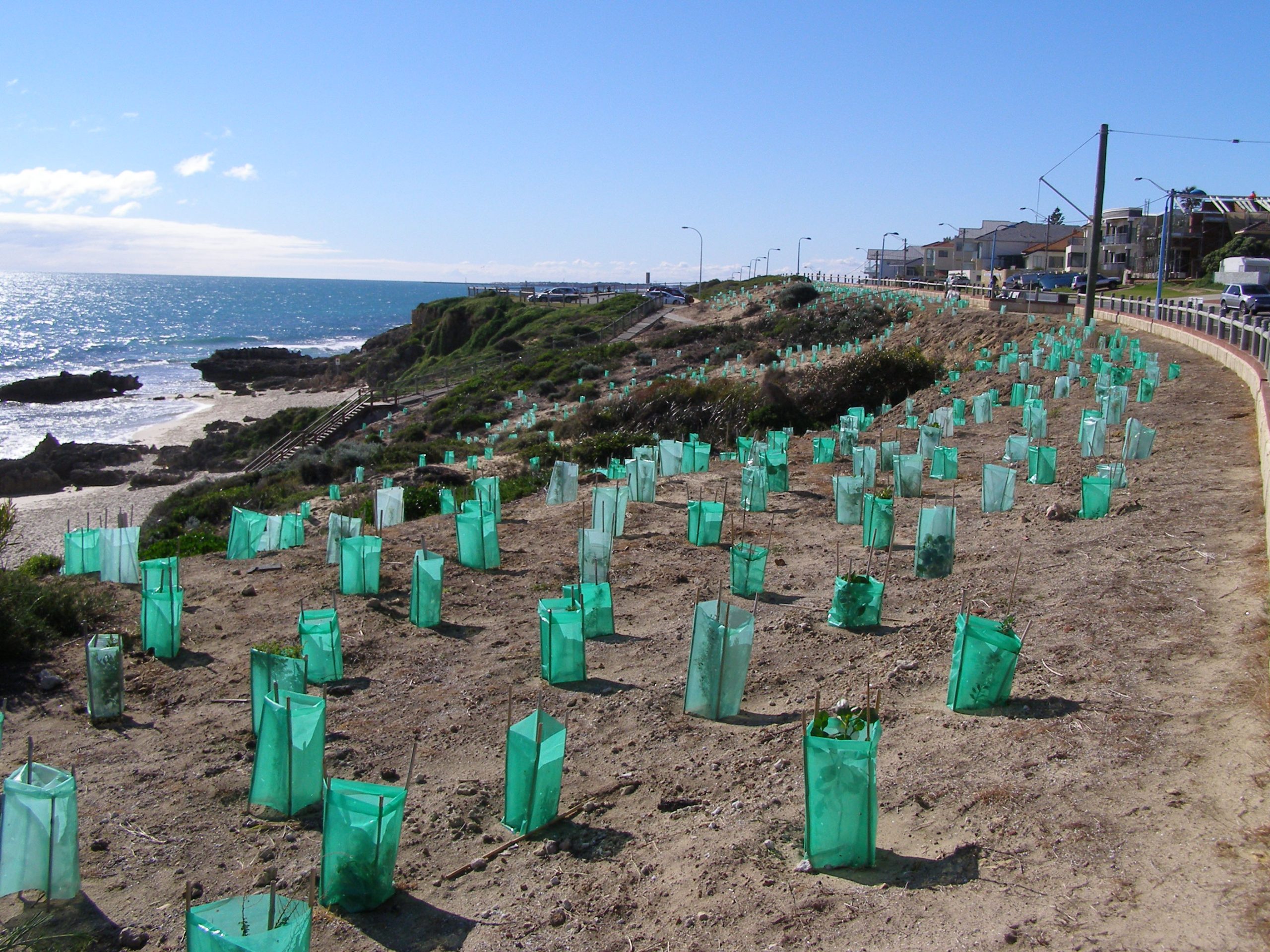
Focus on a request – Restoration of biodiversity and ecosystem services
The report written by the Eklipse Working Group has identified key barriers and defined enabling factors to increase restoration effectiveness in Europe. If you want to learn more about this subject, consult the outcomes of the request, read the last published article or listen to our new podcast.

Welcome to the new Expert Working Group on macroalgae culture
The Call for Experts resulted in 29 excellent applications received. A selection committee composed of 6 members has been put in place to score all applications and proceeded to the selection. We are really pleased to announce that 14 applicants from 10 nationalities have accepted the invitation to answer together this key policy relevant question. The Kickoff meeting will take place on February 22nd and the Eklipse team is looking forward to working with the new EWG´s members.
January 2021
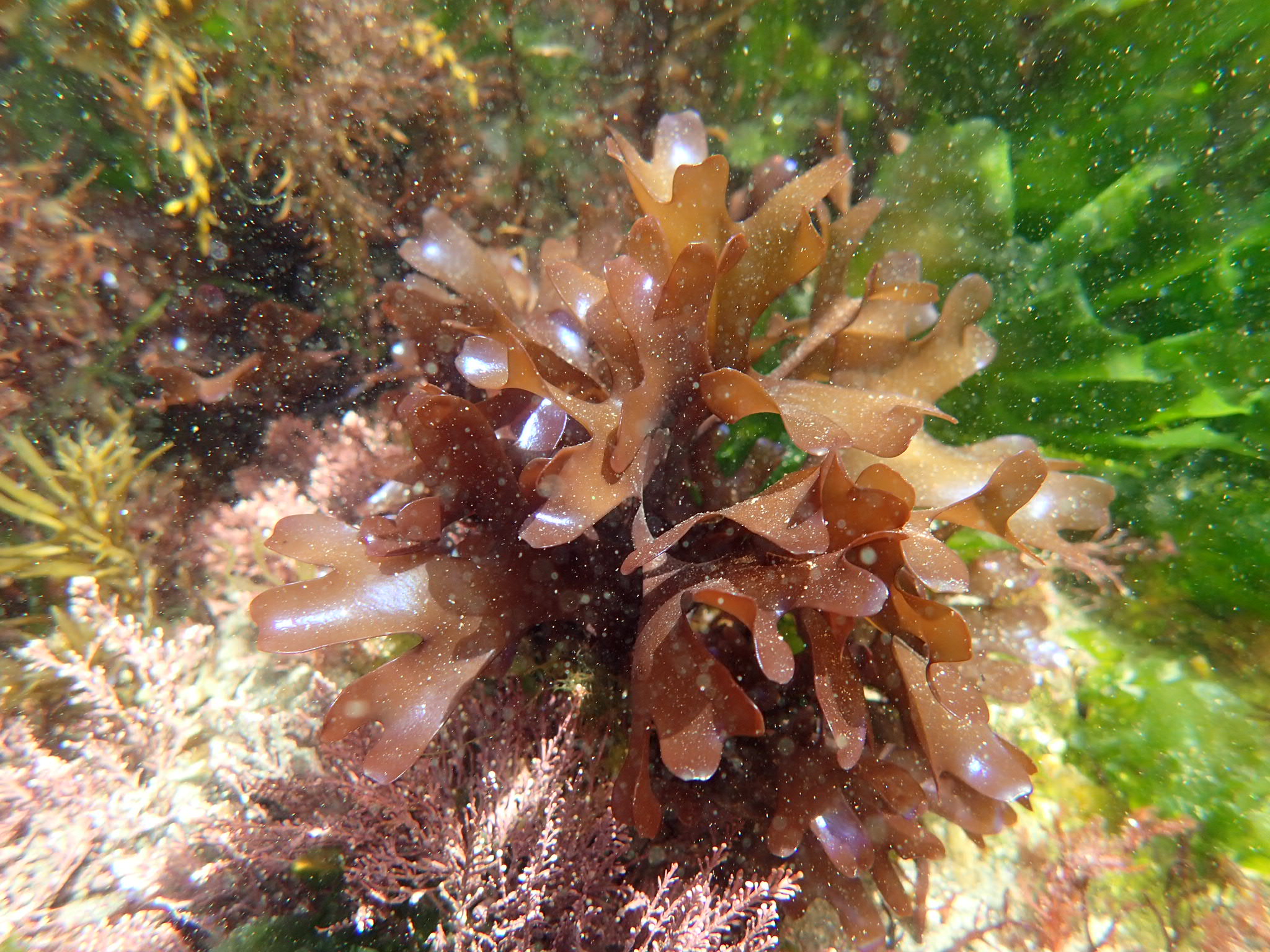
Eklipse will soon have a new Expert Working Group on Macroalgae culture
The Call for Experts resulted in 29 excellent applications received. A selection committee composed of 6 members has been put in place to score all applications and will communicate the results of the selection process this week (week starting 25th). Many thanks to all applicants for their interest in being an active member of the Expert Working Group!

Welcome to the new Expert Working Group on macroalgae culture
The Call for Experts resulted in 29 excellent applications received. A selection committee composed of 6 members has been put in place to score all applications and proceeded to the selection. We are really pleased to announce that 14 applicants from 10 nationalities have accepted the invitation to answer together this key policy relevant question. The Kickoff meeting will take place on February 22nd and the Eklipse team is looking forward to working with the new EWG´s members.
December 2020

Eklipse´s new report on Transformative Change
The report from the Eklipse EWG on Transformative Change (TC) identifies how TC can be made more tangible, what can be done in practice to enable action on the ground, and how transformative change can be leveraged at the level of global governance.
